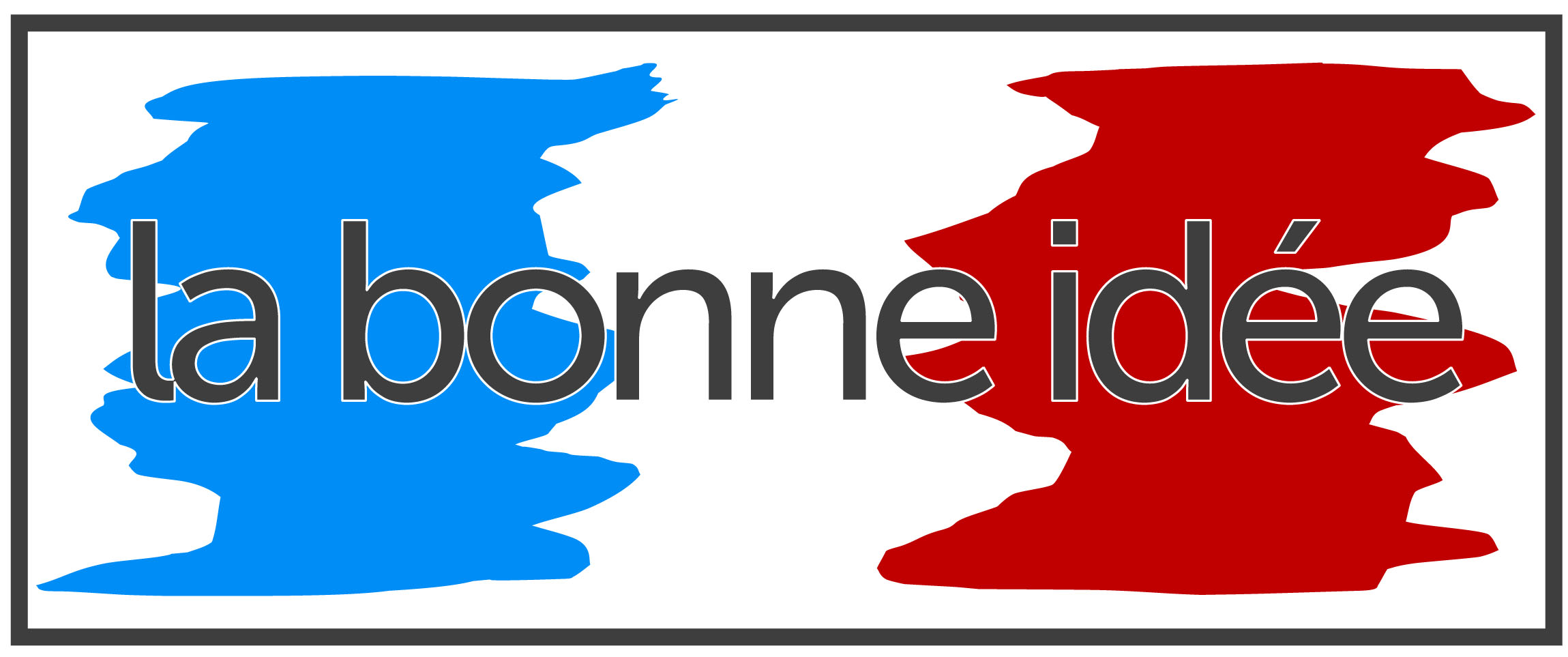| |
This blog argues for the relevance of the historical discipline.
It does so by paying attention to the ways that the present and the past are being connected in politics, culture, and society at large. In making these links, many individuals seem to be guided by George Santayana’s celebrated dictum that “those who cannot remember the past are condemned to repeat it.” But truth be told, remembering the past—given how the past is often distorted in the process, usually for political or social advantage—can no more address current problems than looking at the present can. A proper perspective on the past, on the other hand, can help us realize what questions we should be raising now. As Margaret MacMillan observed, “History, if used with care, can present us with alternatives, help us form the questions that we need to ask of the present, and warn us about what might go wrong.” The questions that our collective past evokes are consequently much more valuable to the present than any of the trite answers that history is often said to provide.
Behind the analysis of such connections, however, lurks an even more fundamental assumption: that reading, writing, and thinking are essential for knowing who we are and the broader world that we inhabit. Such academic practices are essential, in fact, if we want to come to terms with most pressing problems of our time. But in light of how many American universities now function, these practices are (at best) a by-product of getting a degree rather than its primary purpose. In defiance of this trend, I have slowly come to realize that all of the teaching I do is really meant for one thing: to promote thinking, reading, and writing. The same can be said of my research and academic writing. Such intent is also behind my persistence in this work, as futile as it sometimes seems. Thus if I can demonstrate here in some small way that these practices are critical for understanding ourselves and our world, and that the study of the past can greatly facilitate them, I’ll accomplish this blog’s primary goal.
Critiquing how the past and present are being connected implicitly requires taking specific political or philosophical positions. I gladly take up this responsibility and refuse to apologize for where I stand. Still, from my perspective a public blog should acknowledge that we’re all fallible, meaning that each of us is prone to accept error as patently true and to have our reason shaped by inaccuracies, prejudices, and personal passions despite our best efforts at objectivity. Perhaps the sixteenth-century writer Michel de Montaigne explained this aspect of the human condition best: “Even on the highest throne in the world, we are still sitting on our ass.” In keeping with Montaigne’s insight, I want this blog to claim contested positions with a degree of humility—that is, with an openness to the possibility that opposing views may be more valid than my own—and to remain focused on ideas instead of histrionics. That’s a tall order these days, and much easier said than done.
|
|

